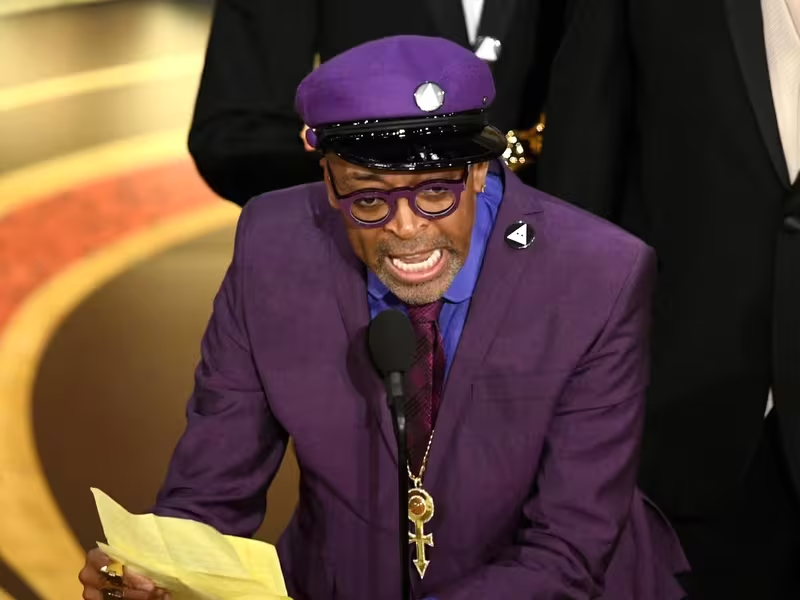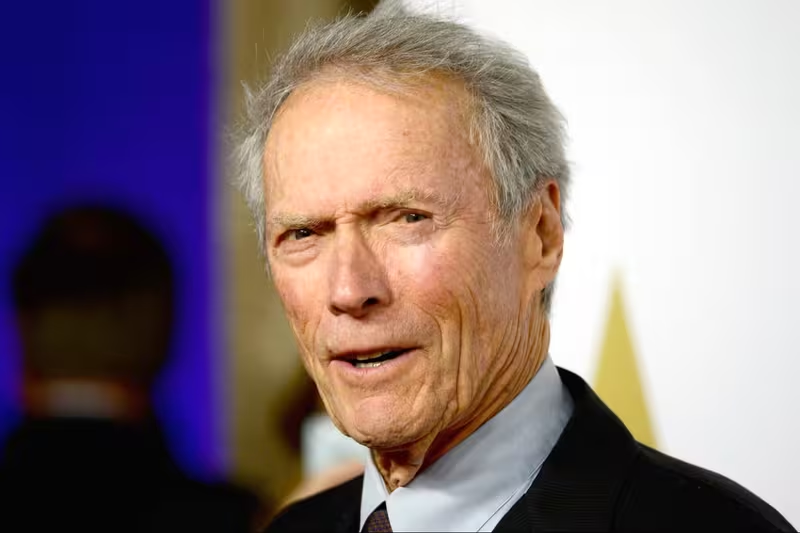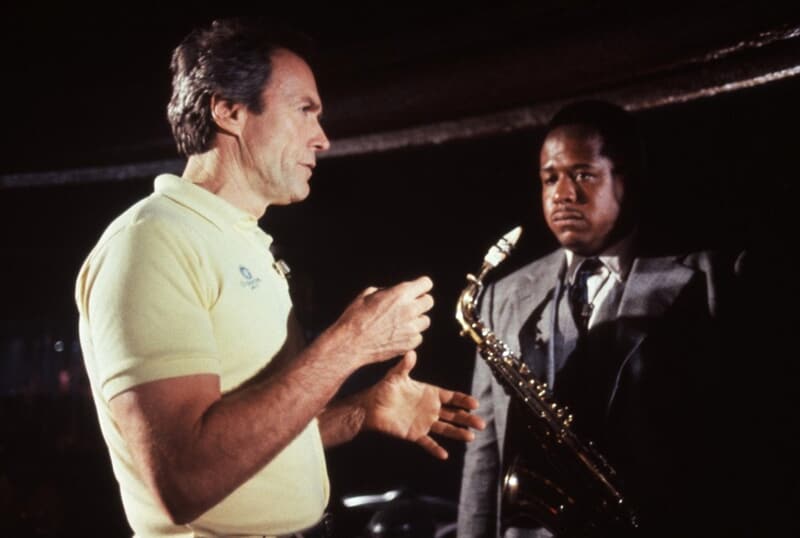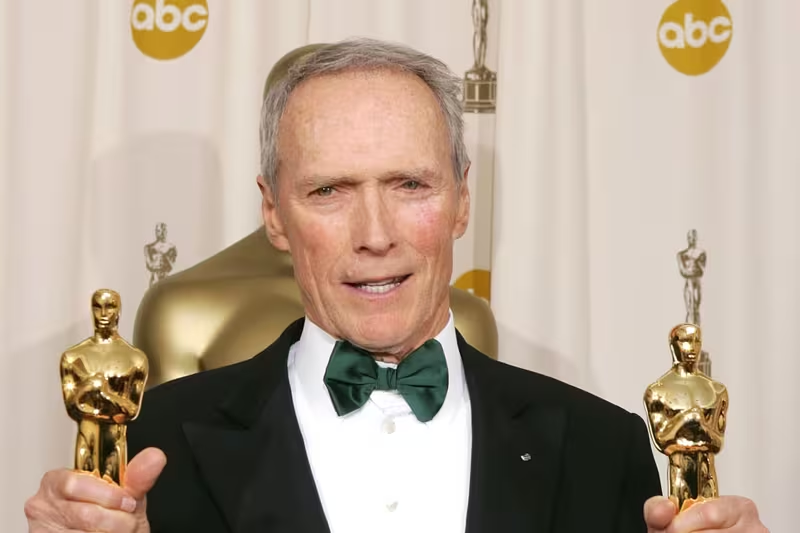
In 2008, Spike Lee criticized Clint Eastwood’s World War II films Flags of Our Fathers and Letters from Iwo Jima for excluding Black soldiers, calling it a glaring omission. “Negro soldiers did not exist in his vision of Iwo Jima,” Lee said.

Eastwood shot back, defending his films’ historical accuracy. “They didn’t raise the flag,” he argued, referencing the iconic scene at the heart of Flags of Our Fathers. “If I put an African American actor in there, people would say, ‘This guy’s lost his mind.’”

Representation vs. Accuracy

Eastwood dismissed Lee’s accusations, claiming his focus was history, not diversity quotas. “I’m not in the business of making equal opportunity commercials,” Eastwood said, highlighting his 1988 film Bird, a biopic about Black jazz legend Charlie Parker, as proof of his commitment to authentic storytelling.
“Shut His Face”: Eastwood’s Blunt Take

In a controversial remark, Eastwood told Lee to “shut his face,” escalating the feud. The public spat eventually fizzled after Disney executives reportedly pressured Lee to drop the matter, fearing it would harm his Oscar chances for Miracle at St. Anna.
The Bigger Picture

While Eastwood’s films went on to earn Academy recognition, Lee’s did not. The feud, however, sparked lasting debates over Hollywood’s treatment of race and history, forcing the industry to confront difficult questions about representation and authenticity in storytelling.
As streaming services take center stage, these questions remain as relevant as ever, shaping the future of film and entertainment.


 Share on Facebook
Share on Facebook

